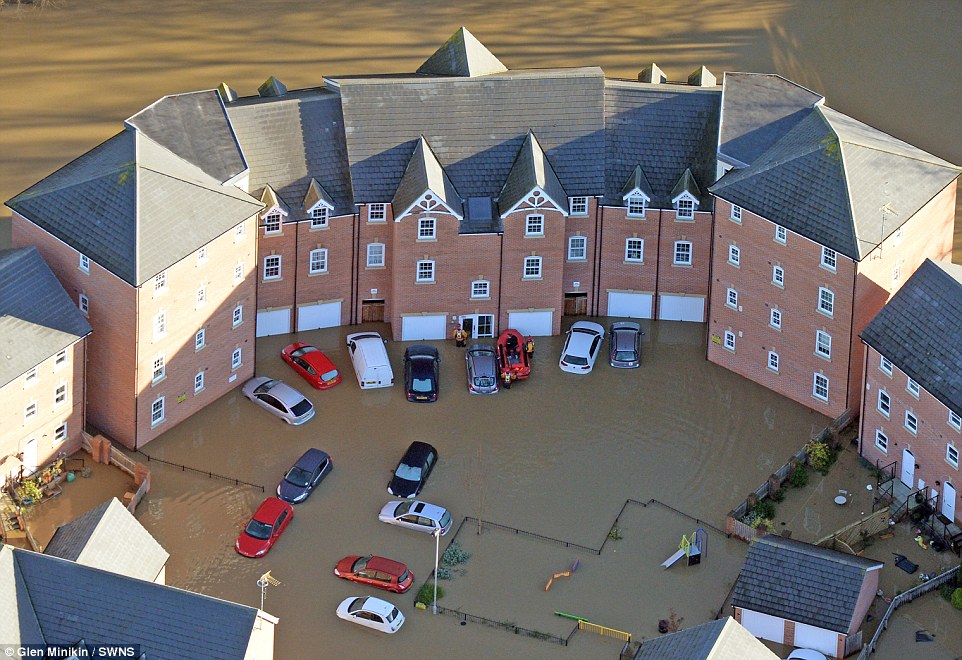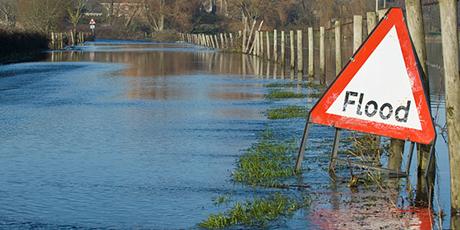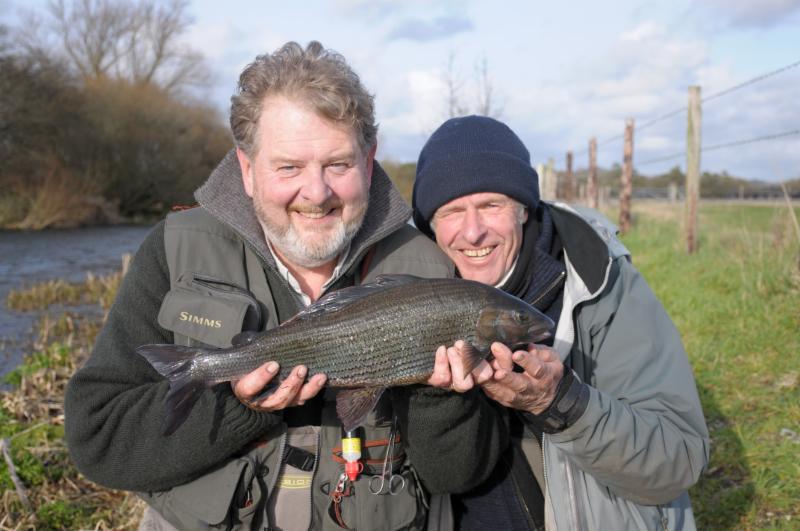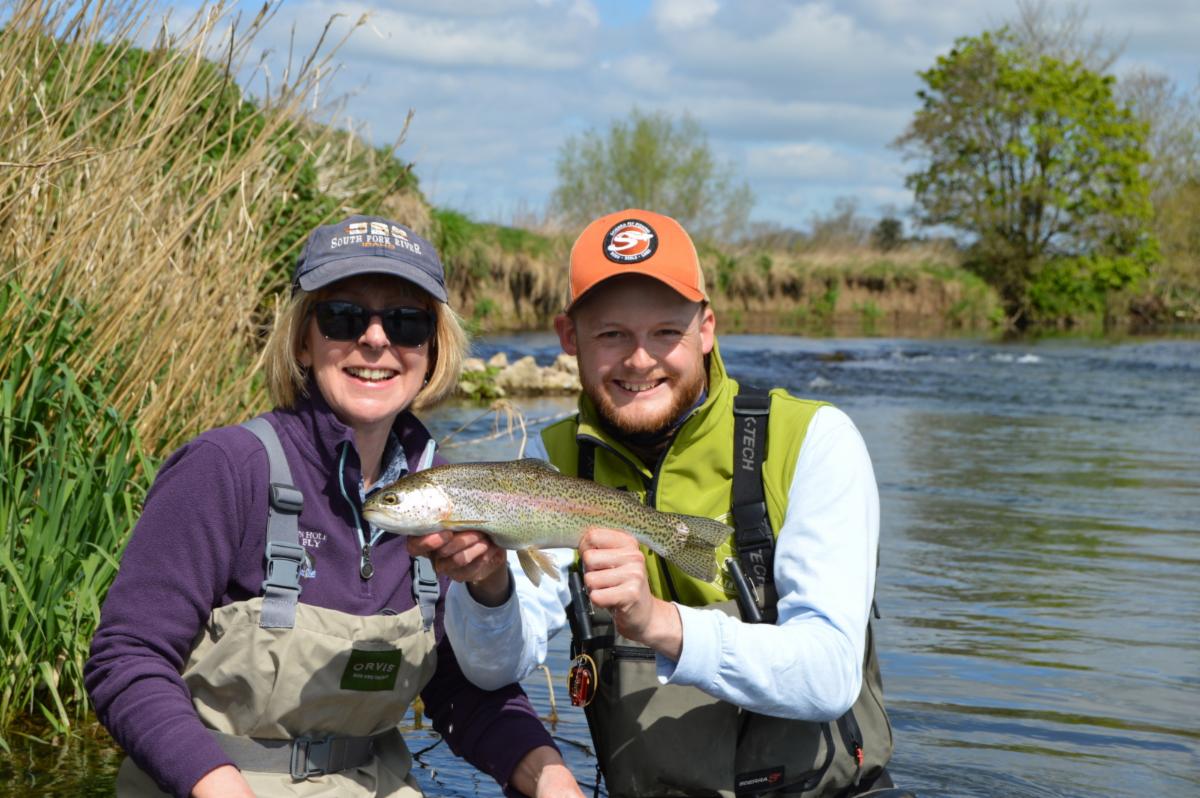The truth about flooding
We seem to
be getting into a strange mindset about our climate, the passage of time
muddling how we recall decades past. Apparently, there was a time when Mother
Nature strictly obeyed the Gregorian calendar allotting sun, shine, rain, snow
and wind to precise months each year, the famous British obsession with the
weather simply being a reflection of the uniformity of our weather patterns.
Not.
 A drier
than average summer? A wetter than average autumn? As the French would say,
merde! If you care to Google the history of freak weather events in Britain
you'll see they are far from being 'freakish'; there is something that caused
death and destruction at least every ten years going back as long as records
exist.
A drier
than average summer? A wetter than average autumn? As the French would say,
merde! If you care to Google the history of freak weather events in Britain
you'll see they are far from being 'freakish'; there is something that caused
death and destruction at least every ten years going back as long as records
exist.
I have a
book on my shelf that charts the history of Hampshire (hardly a county you'd
classify as cyclone alley) weather since photography began; you'll find
snowdrifts in June and flooded streets in August. All of a sudden as we enter
the third decade of the twenty first century, we seem to be surprised about
this. But we shouldn't.
Humanity
has long gravitated towards the areas most likely to flood; the convenience of
living beside a river trumping the risks associated with living beside a river.
The masses be they in cities, towns or villages huddled along the banks because
they essentially had to. But in modern Britain we have no such need but still
we do it. In the past twenty years 250,000 homes have been built in flood risk
areas. Of those 68,000 are in zones where flooding is anticipated at least once
in every 100 years and of those 23,000 are in areas expected to flood every 30
years.
 And so, we
have to deal with a problem of our own making, rivers becoming the unwitting
victims of the urbanisation of the river catchments, those very regions that
Mother Nature designed to collect rainfall over a natural drainage area. The D
word comes around again. Dredging. But it is hardly a solution, in most cases
the volumetric equivalent of forcing the output of a fire hose into a garden
hose. For dredging has rarely ever been about the instant solution to flash
floods but rather the management of agricultural land that works over a cycle
of weeks at best but more generally months.
And so, we
have to deal with a problem of our own making, rivers becoming the unwitting
victims of the urbanisation of the river catchments, those very regions that
Mother Nature designed to collect rainfall over a natural drainage area. The D
word comes around again. Dredging. But it is hardly a solution, in most cases
the volumetric equivalent of forcing the output of a fire hose into a garden
hose. For dredging has rarely ever been about the instant solution to flash
floods but rather the management of agricultural land that works over a cycle
of weeks at best but more generally months.
As Kevin
Costner famously says in the epic sporting film Field of Dreams: if you
build it, they will come. Sadly, that has turned out to be true.
Salmon
statistics
One of our
guides, a keen salmon fisher, sent me a copy of the catch return you are
required to submit to the Environment Agency. He did it not to boast of his
fishing prowess but rather to highlight the 2018 statistics the EA list in the
top right-hand corner of the form. It makes for depressing reading:
- 31,655 licences
sold
10% decrease on 2017
- 106,085 days
fished
34% decrease on 2017
- 7,778 salmon
caught
43% decrease on 2017
- 13,661 sea trout
caught
38% decrease on 2017
88% of salmon and 85% of sea trout
were released. It is hard to put any good spin on any of this data other than
to say that we are optimists all: that is one salmon for every fortnight of
fishing!
Fancy a record grayling?
February is traditionally
themonth the big grayling come out to play, no doubt in anticipation of the
impending spawning season. Earlier this year this old adage proved to be more
than true when one of John Bailey's party at the Ilsington on the River Frome
set the new British record.
|
|
 |
|
|
Simon Ellis (l), John Bailey (r) and 'the
fish'
|
Can lightening strike twice? Well,
yes and no as another new record this coming February would in fact be the
fourth time a British record has been captured at Ilsington. You can, of course
but a day ticket any time, but with John Bailey at your side, one of the most
accomplished anglers of our generation, I think it is fair to say your chances
multiply dramatically.
Join John on either February 21st
or 22nd. More
details here .....
32 fishing days to Christmas
For the dedicated,
the-just-starting-out or simply the occasional dabbler there's a gift voucher
out there that might just make the perfect Christmas gift.
The ultimate in just-go-fishing
that can be diced and sliced to be used any time over the next two years,
though don't expect it to remain unused for that long!
Choose a day on the River Test or
sign up for the Chalkstream Course
Courses and private tuition here at
Nether Wallop Mill
Fishing should not just be for Dad!
Family Days, Kids Camp and much more.
Join me for my summer River Walk to
the famous landmarks on the River Test.
Order vouchers online,
by email or phone. Vouchers are
mailed the same day, in a discreet envelope and are valid for 2 years.
Quiz
 Fishing
Breaks went sea fishing out of Weymouth Harbour on Tuesday - well, what else
would we do for our Christmas party?!
Fishing
Breaks went sea fishing out of Weymouth Harbour on Tuesday - well, what else
would we do for our Christmas party?!
With that theme a few saltwater
related questions this week. As ever the quiz is just for fun, with answers at
the bottom of the page.
1)
Xiphias gladius is the Latin name for which fish?
2)
Which
fish is known as the Poor man's lobster?
3)
The
name of which fish comes from the old French word for spinning top?
Have a good weekend.
Best wishes,
Simon Cooper simon@fishingbreaks.co.uk
Founder & Managing Director
Answers:
1)
Swordfish
2)
Monkfish
3)
Turbot





